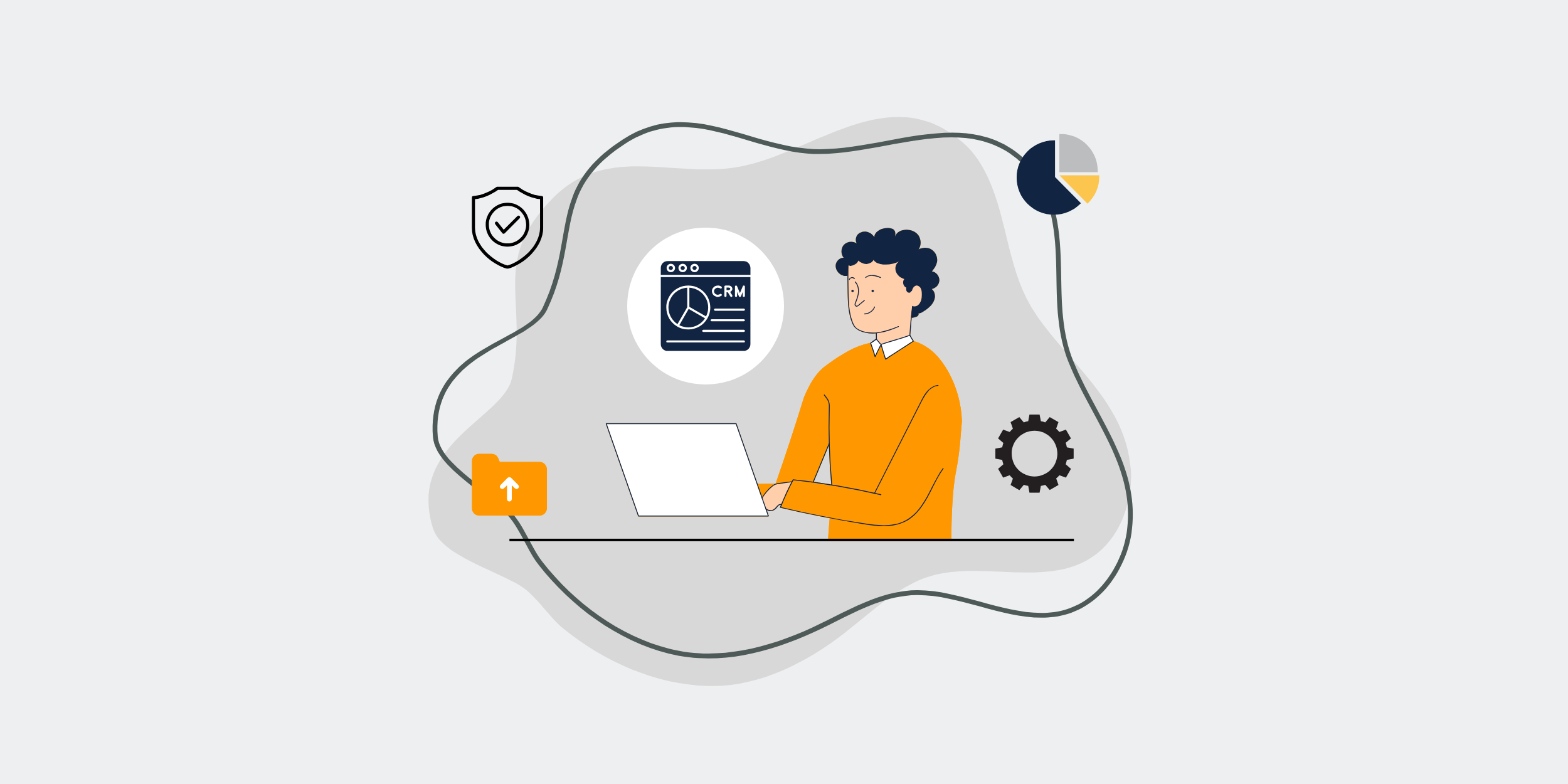Understanding the Effects of Data Loss on Keap Users and Prevention Methods

The Impact of Data Loss on Keap Users and How to Avoid It
In today’s digital age, data is the new gold. For Keap users, safeguarding this treasure trove is crucial to maintaining a thriving business. But, what happens when disaster strikes, and data loss occurs? Let’s dive deep into the impact of data loss on Keap users and learn practical strategies to avoid it.
Understanding Keap and Its Data Management Role
Keap, formerly known as Infusionsoft, is a comprehensive suite designed to help small businesses automate their customer relationship management (CRM), sales, and marketing tasks. Essentially, Keap acts like a digital Swiss Army Knife for entrepreneurs who want to streamline operations without getting bogged down in minutiae.
The Centrality of Data in Keap
At the heart of Keap lies data. User contacts, customer interactions, sales history, marketing campaigns—everything revolves around data. This meaningful information powers decision-making, fosters customer relationships, and propels business growth.
The Dangers of Data Loss
When a Keap user experiences data loss, it’s akin to a traveler misplacing their passport in a foreign land—chaotic and anxiety-inducing. The implications range from minor inconveniences to potentially crippling business setbacks.
Immediate Impacts
Right off the bat, data loss can disrupt daily operations. Imagine logging in to find customer data missing—calling campaigns stall, email follow-ups falter, and your team’s productivity grinds to a halt.
Long-Term Consequences
Beyond immediate chaos, data loss has lingering effects that smear business reputation and damage client trust. Customers expect reliability, and any deviation can lead them to your competitors’ welcoming arms.
Main Causes of Data Loss on Keap
Understanding how data loss occurs is the first step in shielding yourself. Let’s uncover the usual suspects that lead to data calamity.
Human Errors
Even the savviest tech users aren’t immune to mistakes. Accidental data deletions, overwriting, or misconfigurations are common human errors that can set off a chain reaction of data disasters.
System Failures
No software system is infallible. Glitches, crashes, and unexpected updates can jeopardize data integrity in mere moments, leaving users to pick up the pieces.
Cyber Threats
With the rise of cyberattacks, data breaches and malware represent a tangible threat. Hackers increasingly target small businesses, making robust cybersecurity measures non-negotiable.
Data Prevention Strategies for Keap Users
Fortunately, you’re not powerless against data loss. Here’s how Keap users can armor themselves against potential pitfalls.
Regular Data Backups
The golden rule of data management is backup, backup, backup. Ensure your Keap account is set up to automatically back up your crucial information regularly. Consider using cloud-based services for added security.
Utilize Keap’s Covered Assets
Keap offers various tools and features to assist in data management. From data recovery to error detection, make sure you and your team are leveraging these assets to minimize risks.
Implement Robust Security Protocols
A strong password policy, multi-factor authentication, and up-to-date antivirus software are your best defenses against cyber threats.
Employee Training
Human errors being primary culprits, regular training sessions to equip your staff with best practices in data handling and cybersecurity can fortify your defenses.
The Role of Third-Party Integrations
Integrating Safely with Keap
While third-party apps enhance Keap’s capabilities, they also introduce potential vulnerabilities. Always vet third-party providers and ensure integrations adhere to stringent security standards.
The Benefits of Proactive Data Management
A stitch in time saves nine—as the adage goes. Proactive data management is not just an IT task; it’s a strategic business move. Securing data boosts efficiency, reduces risk, and enhances client trust.
Improved Customer Experience
Reliable data ensures seamless customer interactions, which in turn fosters positive client experiences and boosts loyalty.
Streamlined Operations
Well-guarded data allows for continuity and consistency in operations, enabling teams to focus on driving business growth rather than firefighting issues.
Conclusion
Data is to business what water is to life—essential and invaluable. For Keap users, understanding the impacts of data loss and adopting effective prevention strategies is critical. By being proactive, vigilant, and informed, you can safeguard your digital gold and ensure your business runs smoothly, even when facing potential roadblocks.
Frequently Asked Questions (FAQs)
1. How often should I back up my Keap data?
It’s a good practice to back up your data daily or weekly, depending on your business activity levels. Regular backups ensure minimal data loss in case of any incidents.
2. What should I do if I suspect a data breach on Keap?
Immediate action is crucial. Change your passwords, notify Keap support, and conduct a comprehensive security assessment to understand the breach’s extent and prevent future occurrences.
3. How can I ensure my third-party integrations with Keap are secure?
Research and select third-party apps with strong security reputations, regularly review permissions, and stay informed about any updates or vulnerabilities.
4. What types of data should be prioritized for backup?
Focus on backing up essential data such as customer contacts, transaction histories, marketing campaign details, and any other irreplaceable insights critical to your operations.
5. Does Keap offer built-in security features?
Yes, Keap offers several security features, including data recovery options, encryption protocols, and regular software updates to protect against vulnerabilities.
